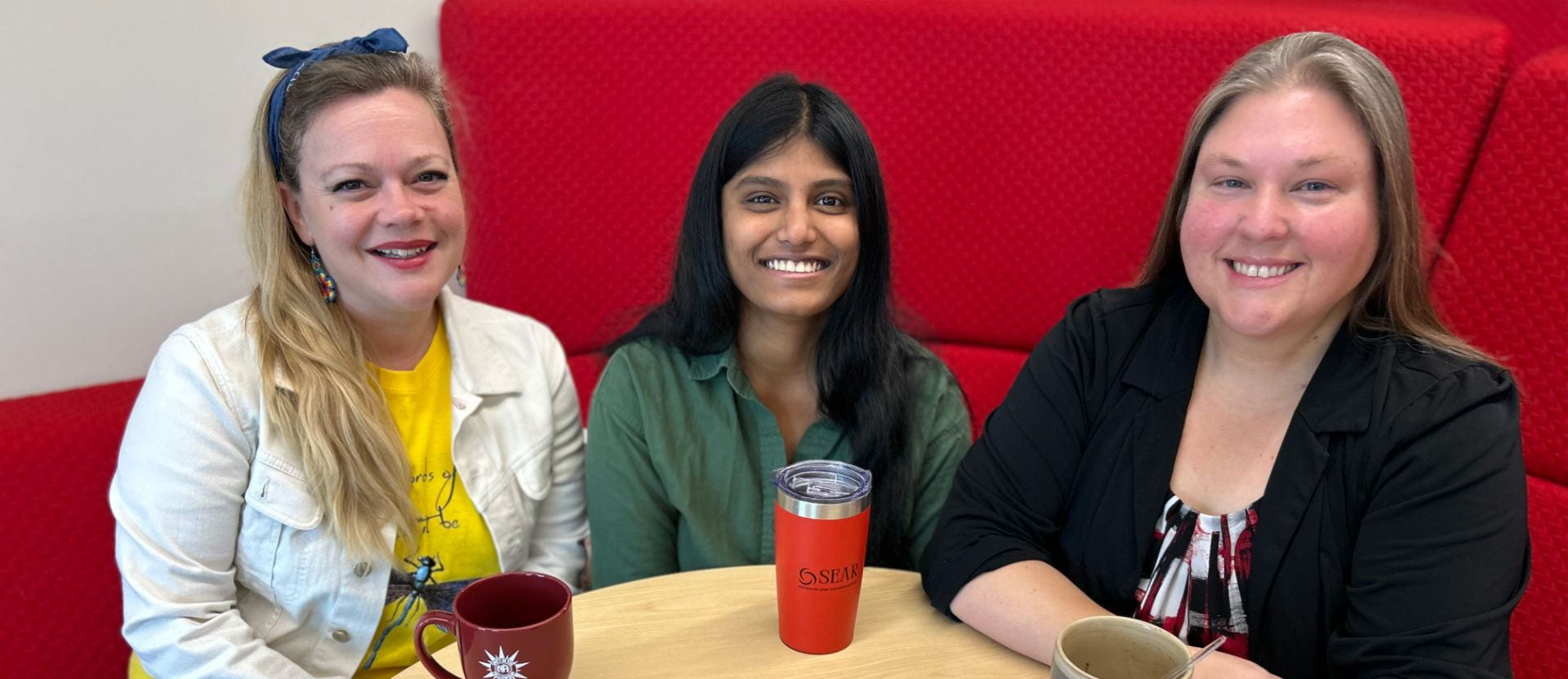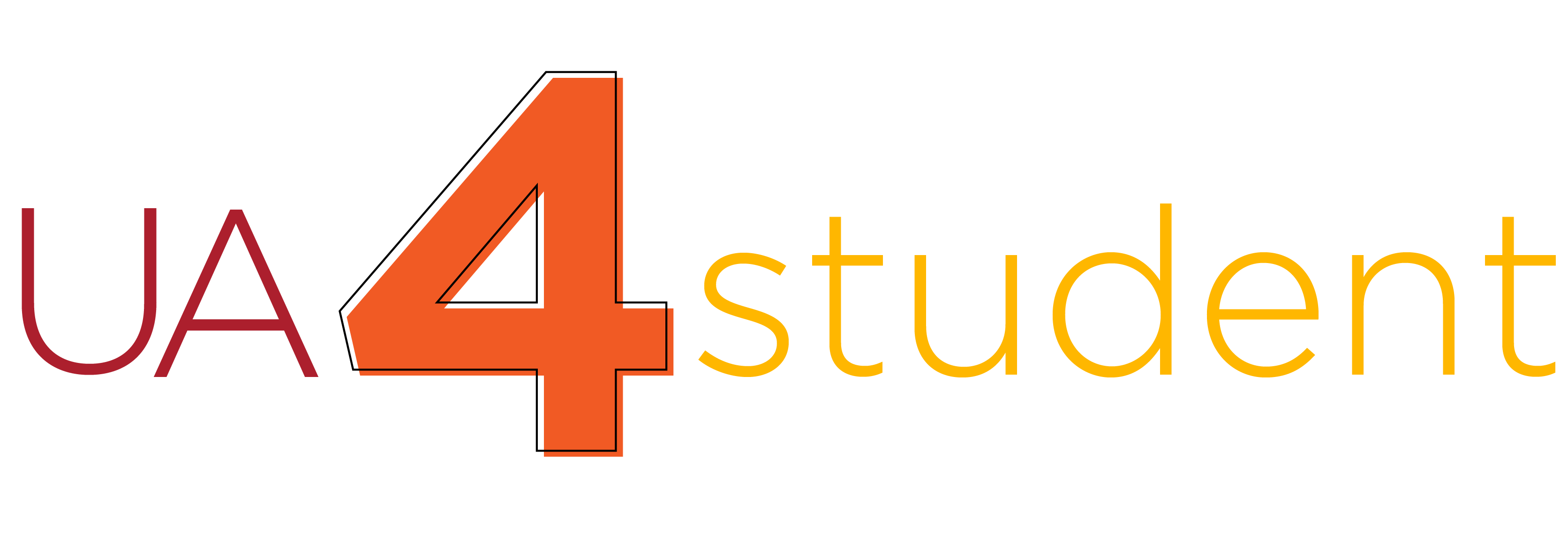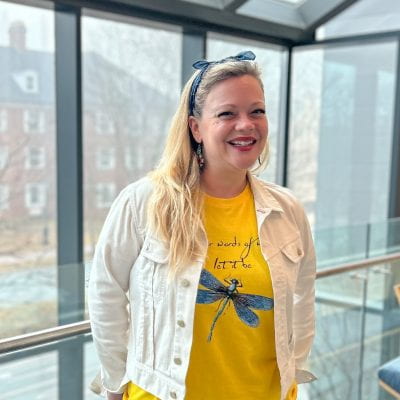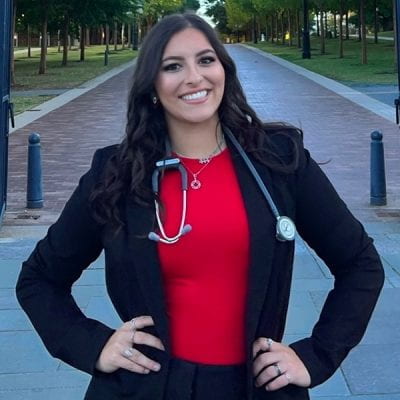
The SEAR team, pictured from left to right: Ashley Jo Brown, Smruthi Vaishnavi Chintakunta, and Jennifer Morris.
Pat Walker Health Center’s Substance Education, Assessment and Recovery (SEAR) program offers a vital resource to University of Arkansas students that not everyone on campus may be aware of – the Razorback® Recovery Community, which is a confidential community group for students in or seeking recovery.
SEAR makes substance abuse prevention, treatment and recovery accessible to U of A students. With a team comprised of a peer collegiate support specialist who oversees the Razorback® Recovery Community, a licensed mental health practitioner who provides alcohol and drug assessments for students, and a graduate assistant who assists with SEAR outreach initiatives on campus, they are on a mission to help students overcome substance abuse issues, achieve academic success, and promote personal and professional growth.
FOSTERING RELATIONSHIPS WITH LIKE-MINDED PEOPLE
Ashley Jo Brown, the SEAR Program Collegiate Recovery Specialist and recovering addict herself, started in her position with SEAR in July 2023.
Brown has begun the process to receive a certification as a Peer Recovery Support Specialist (PRSS) in the state of Arkansas, and she will be the first certified PRSS in the state of Arkansas working in a post-secondary education setting once she completes the necessary training, peer supervision, and passes the credentialing exam. PRSS’s are individuals with lived experience of substance misuse and recovery that allows them to connect with peers faster and in a different way than clinical staff, according to Arkansas Peer Recovery.
Brown celebrated being clean for three years on October 8, 2023. She shared that participating in a 12-step program gave her the ability to sustain long-term recovery. “I know for me once I got clean, I didn’t know how to live a life without drugs, but I knew I couldn’t live a life with them anymore.”
Brown said her goal for Razorback® Recovery is to provide students with the opportunities and spaces to grow their relationships with each other through consistent fellowship. “My program gave me new friends and family, so that’s what I’m working to build for Razorback® Recovery,” said Brown.
Brown shared that by consistently hosting monthly activities and meetings twice a week, the relationships between the students have blossomed. She stated that, “meetings are crucial to recovery, but I also wanted to convey that we don’t have to have a mood changing/mind altering substance to have a good time, so that’s the purpose of having a monthly social activity for the group.”
Brown shared that finding a new way to live is foundational for those in recovery and makes recovery sustainable for the students who are a part of Razorback® Recovery. “Fostering relationships with like-minded people toward a common goal is irreplaceable,” said Brown.
The First Graduate of Razorback ® Recovery
Meredith Dauria, a recent December 2023 graduate, is the first recognized graduate of the Razorback® Recovery Community. Dauria received a Bachelor of Science degree in nursing with a minor in substance abuse disorders. Dauria, like more than half of college students who have suffered from a substance use disorder, according to the American Addiction Center, reflected on what coming into college was like for her being nearly one year clean (sober) from drugs and alcohol at 18 years old.
“Nothing can be scarier than being stuck in an environment where people are encouraging and participating in the very thing you are desperately trying to escape,” said Dauria. “It got as bad as watching my freshman year roommate overdose right in front of my face, while I was clean.”
Dauria first learned about the Razorback® Recovery Community from Gretchen Brannon, a nurse practitioner in the Pat Walker Health Center’s Primary Care Clinic. “I had been looking for something like that when I came to campus and didn’t even know it existed,” said Dauria.
Over time, Dauria became more involved in Razorback® Recovery. She was eventually hired as an intern for the work she was doing to help grow the community and served as president of the group during her junior and senior year. Through Dauria’s internship and presidency, she shared how she had “the opportunity to show other students that living a sober life doesn’t mean it’s a boring life.”
Dauria also recognized that going through college clean (sober) can be a very lonely experience, but she wants others to know that it does not have to be. “Razorback® Recovery connected me with other peers who were in (or seeking) recovery from the same problem I’ve dealt with my whole life: addiction. We are a strong support group of like-minded individuals who accept, guide, love, and celebrate one another unconditionally.”
For her, she said the group helped her feel less alone. “Over time, my Razorback® Recovery friends melded into every aspect of my life… soccer, game day, holidays, Friday nights, etc.”
Dauria acknowledged the group for helping her get through “all 4 years of college CLEAN (sober)!”
To learn more about Razorback® Recovery, you can email razrecov@uark.edu or visit health.uark.edu.


